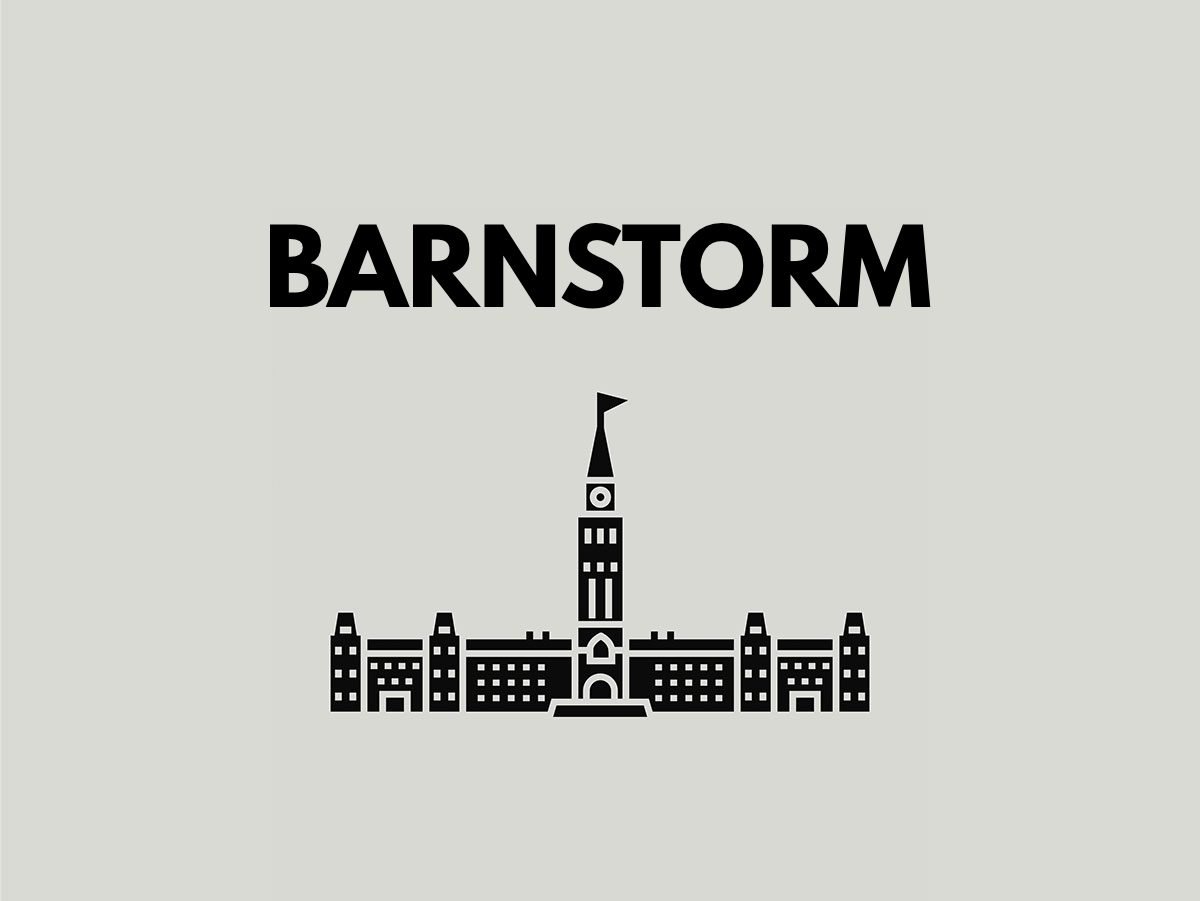
Barnstorm
A: Tour an area for a campaign
B: Dominate the rural vote
C: Speak at length on tangential topics
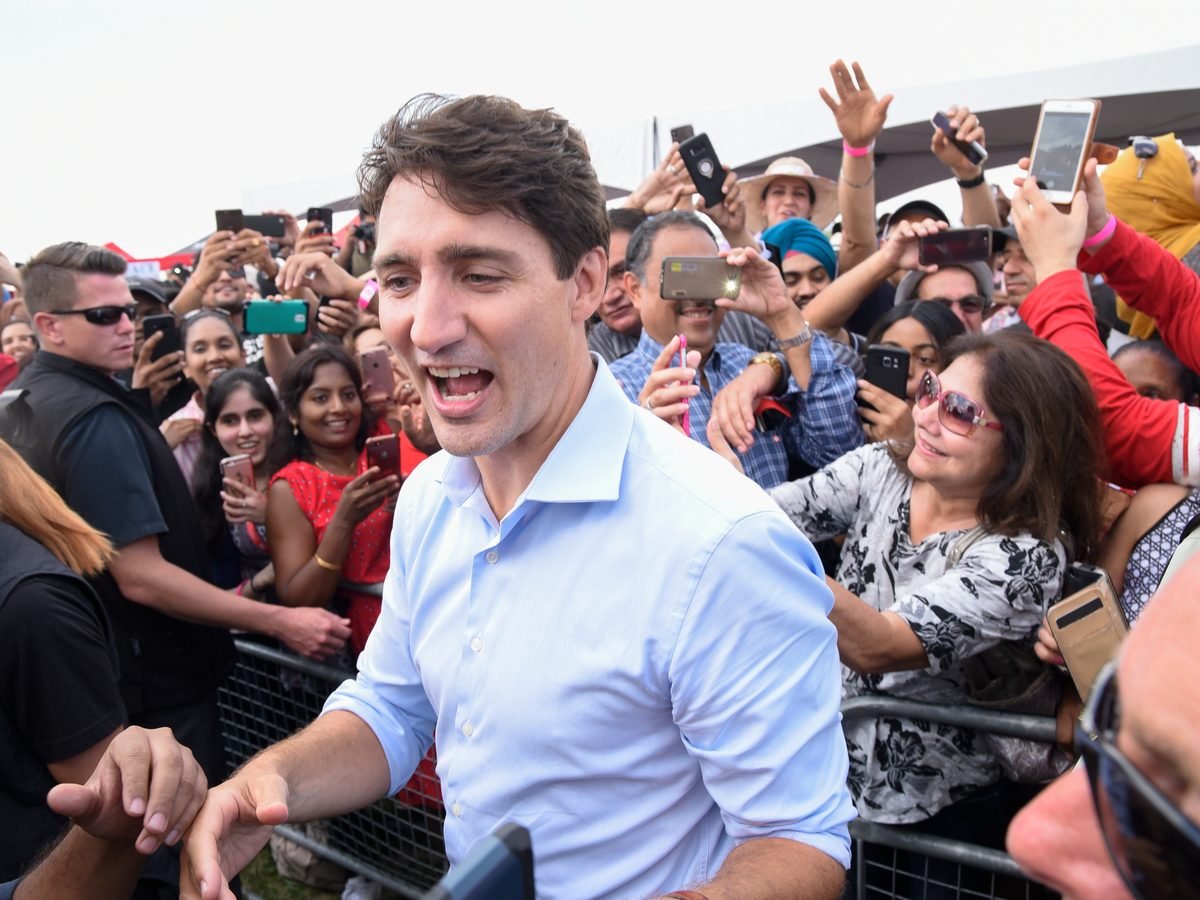
Answer: A—Tour an area for a campaign
As in, “The party leader barnstormed the province’s northern towns.”
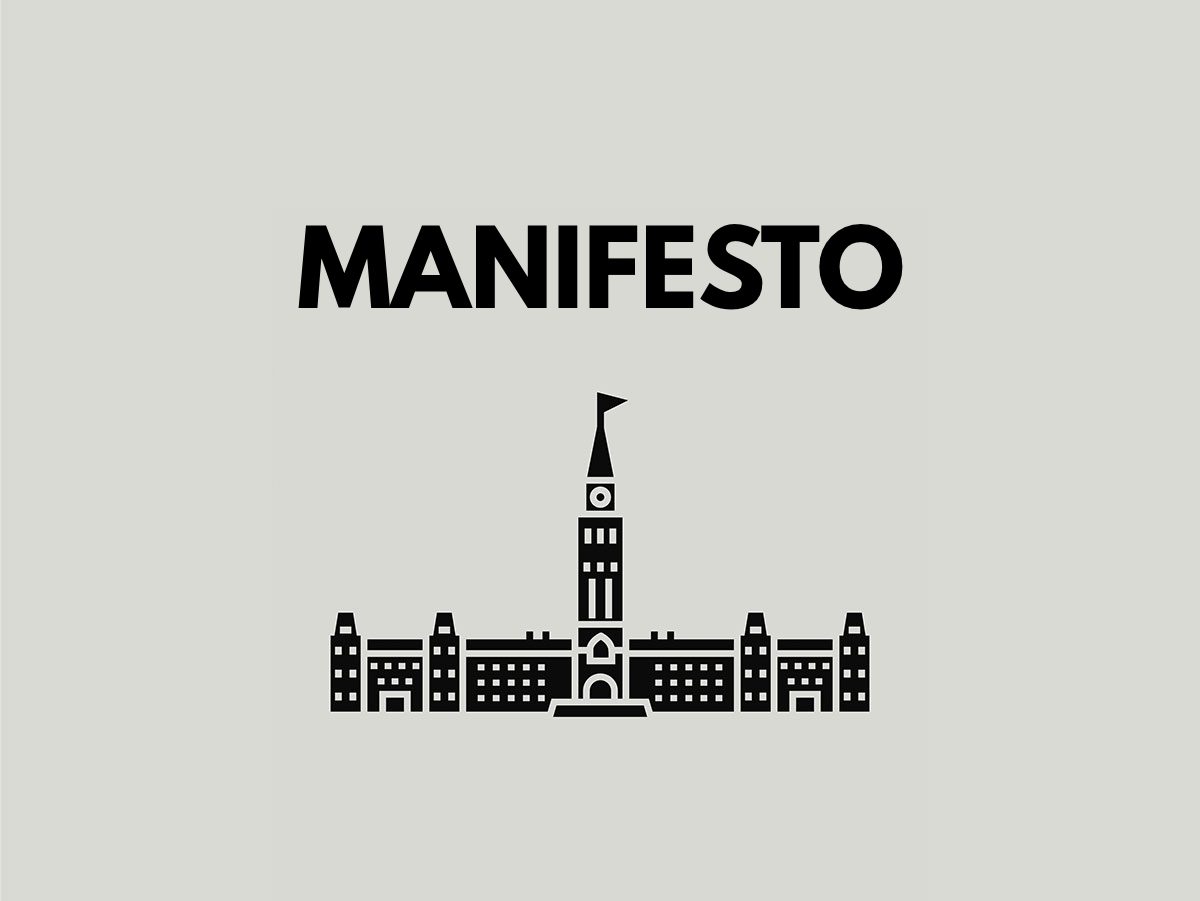
Manifesto
A: Handshake photo op
B: Public declaration of aims
C: Figurehead
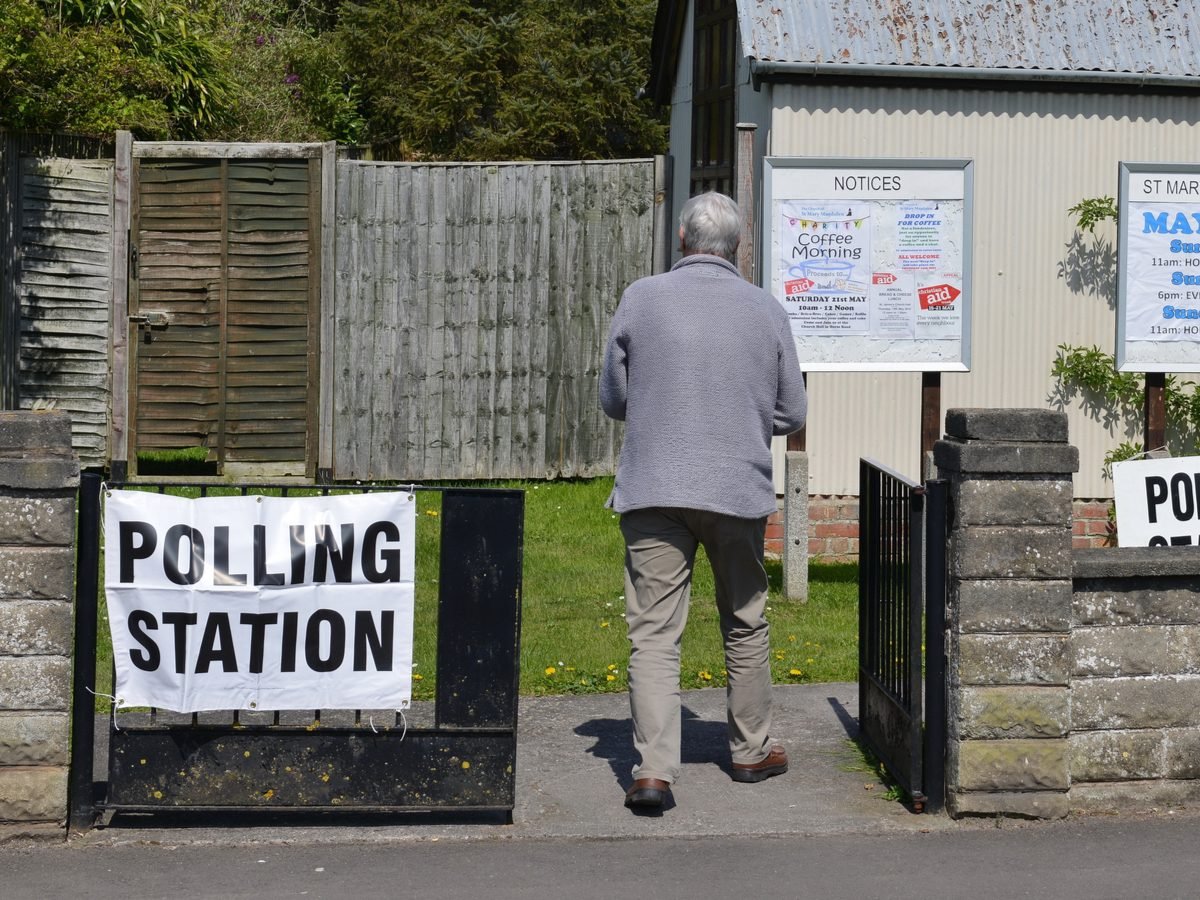
Answer: B—Public declaration of aims
As in, “Lord Buckethead, a satirical candidate in Britain, published a manifesto proposing to nationalize the singer Adele.”
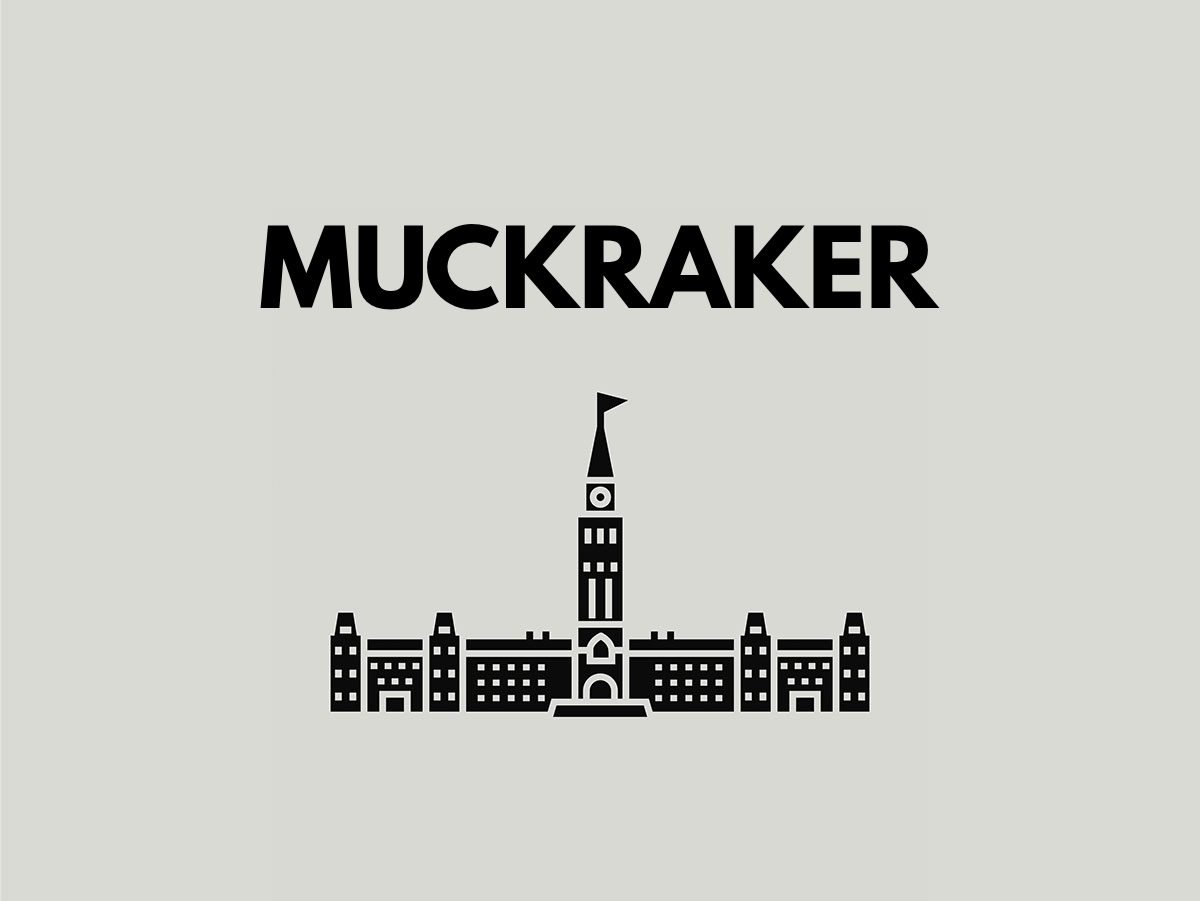
Muckraker
A: Politician who purposely sows division
B: Official opposition
C: Someone who seeks and publicizes scandals
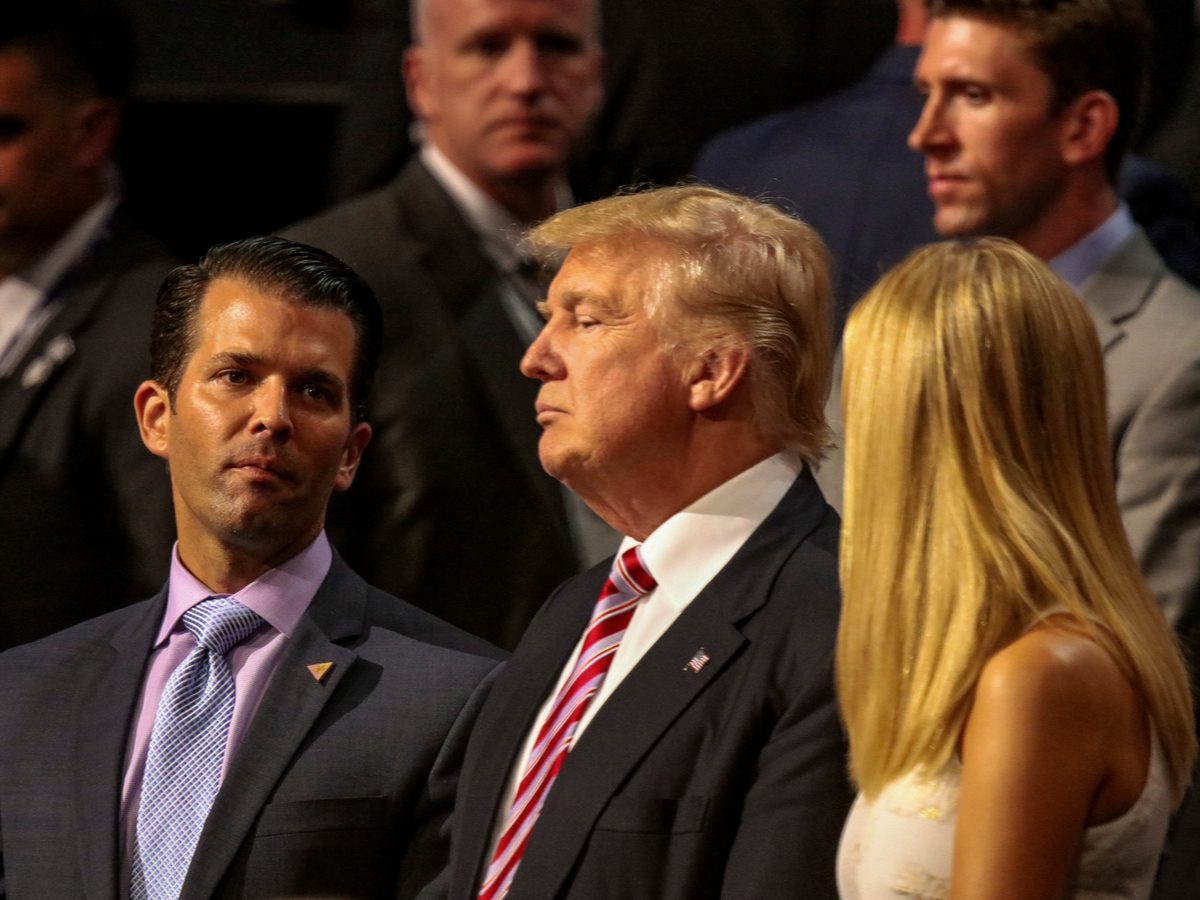
Answer: C—Someone who seeks and publicizes scandals
As in, “A muckraker discovered the leading candidate’s marriage was in trouble.”
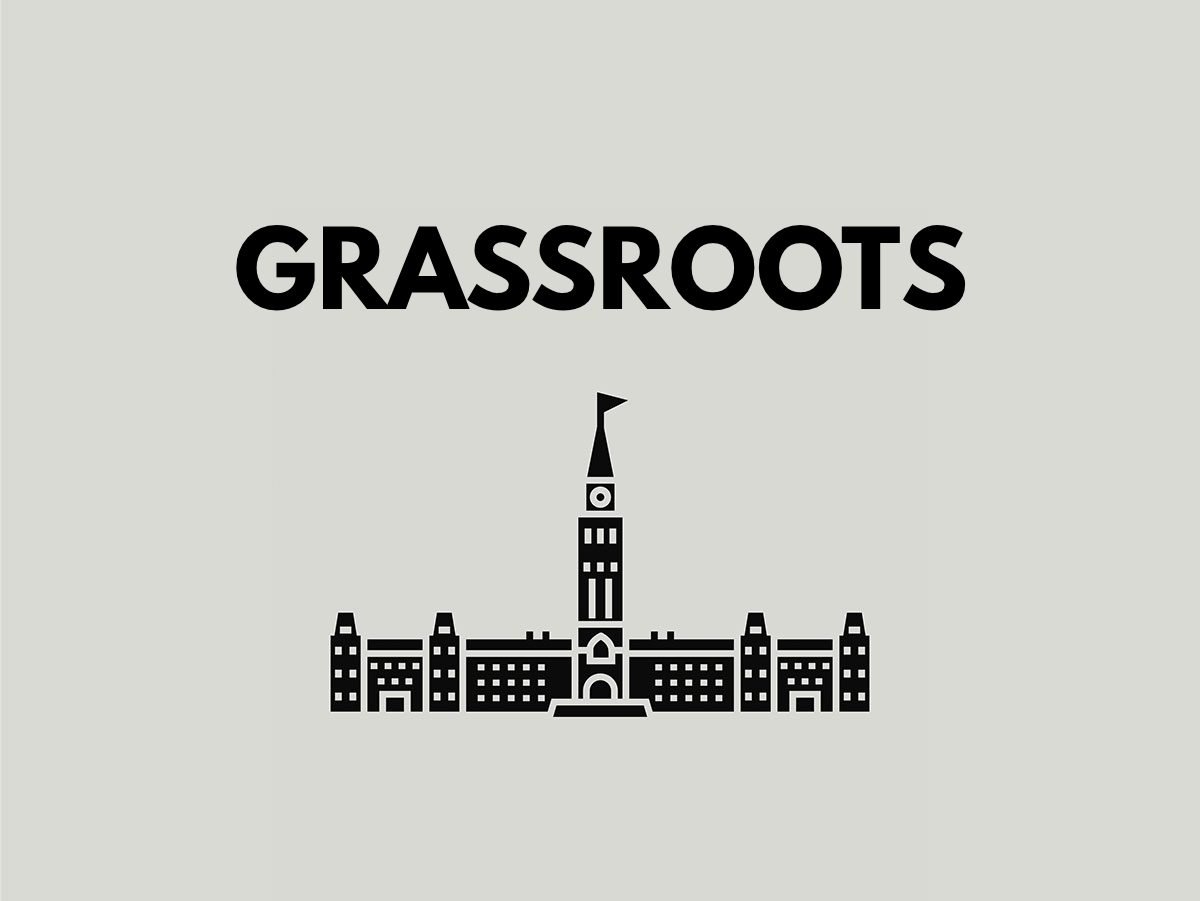
Grassroots
A: Of ordinary people
B: Fundamentalist
C: Prioritizing the environment
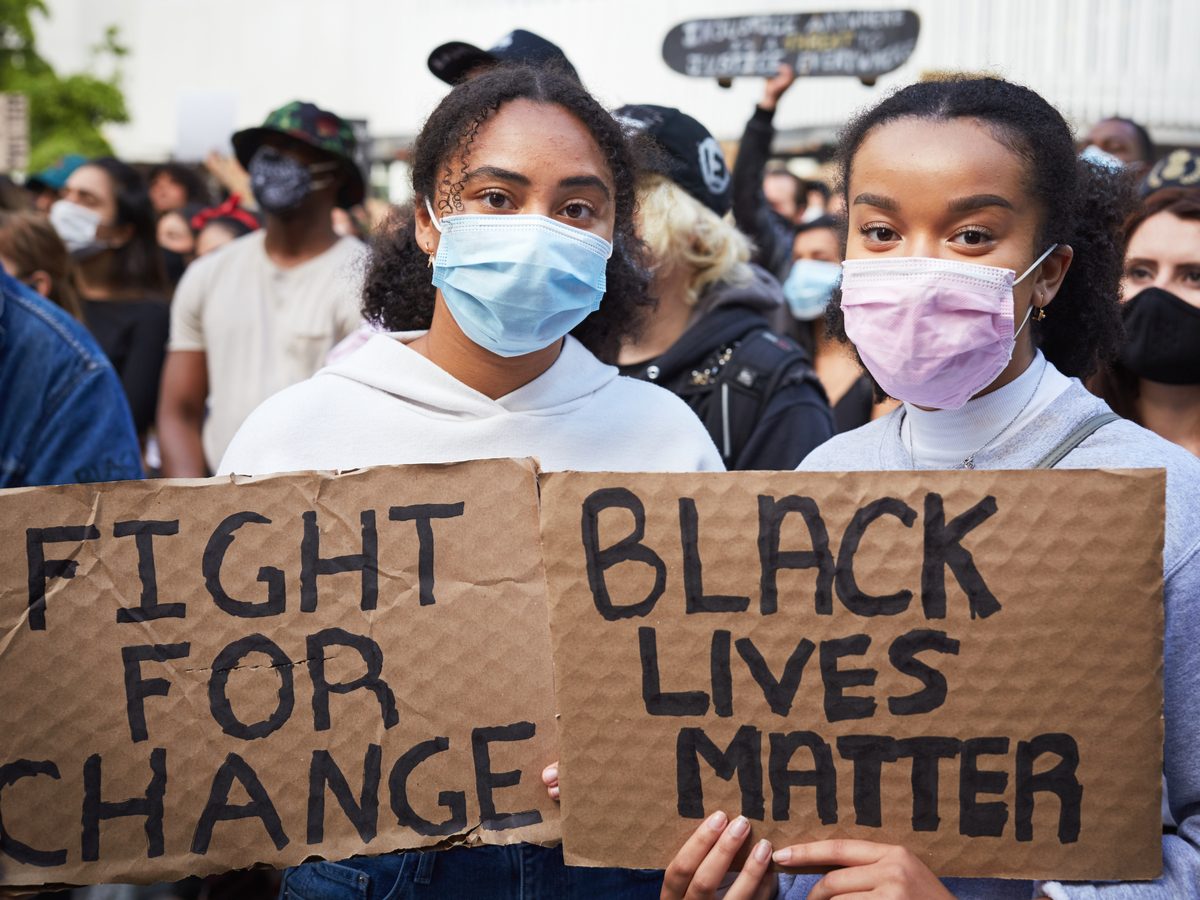
Answer: A—Of ordinary people
As in, “Black Lives Matter is a grassroots movement with no formal hierarchy.”
Here’s what defunding the police could look like—and the arguments in favour of this plan.
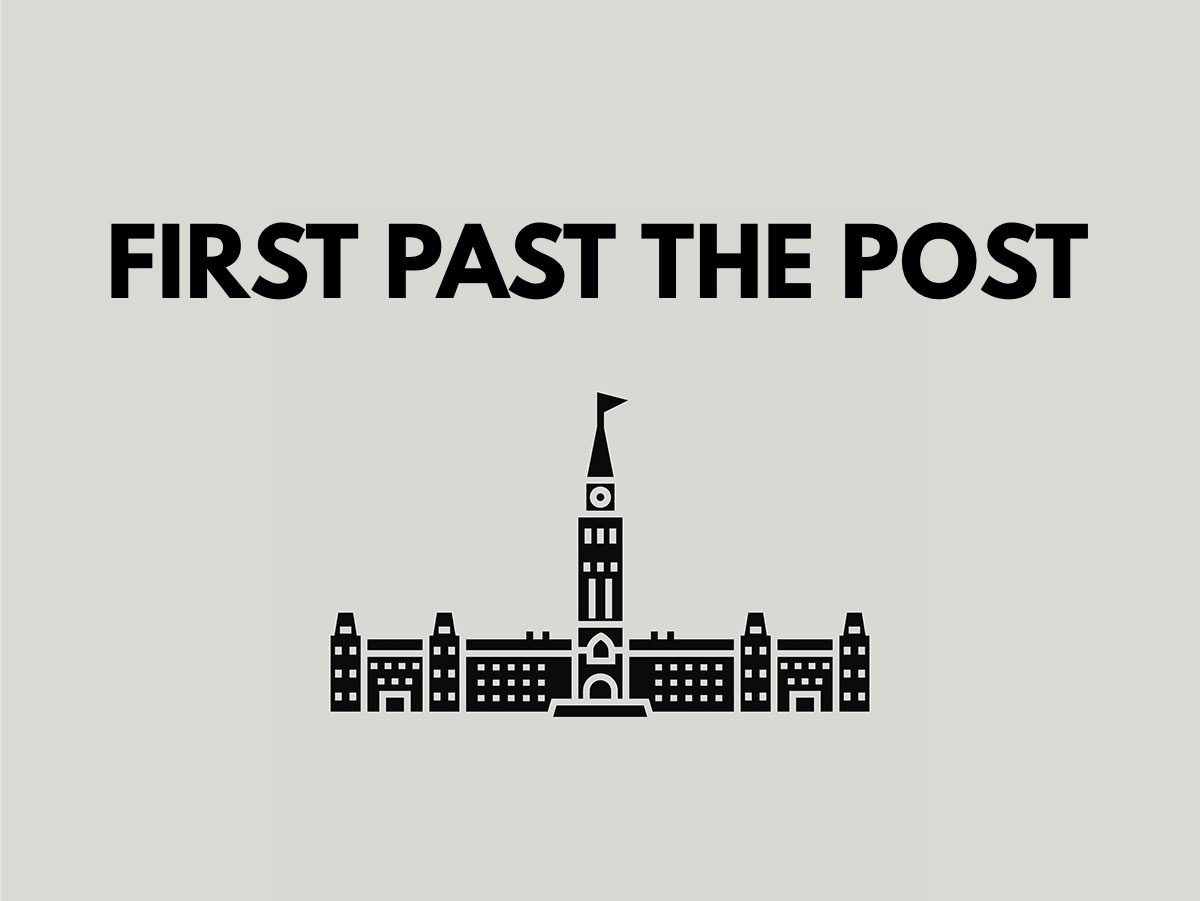
First past the post
A: System in which the candidate with the most votes wins
B: Survey taken as voters leave the polling station
C: Opening debate question
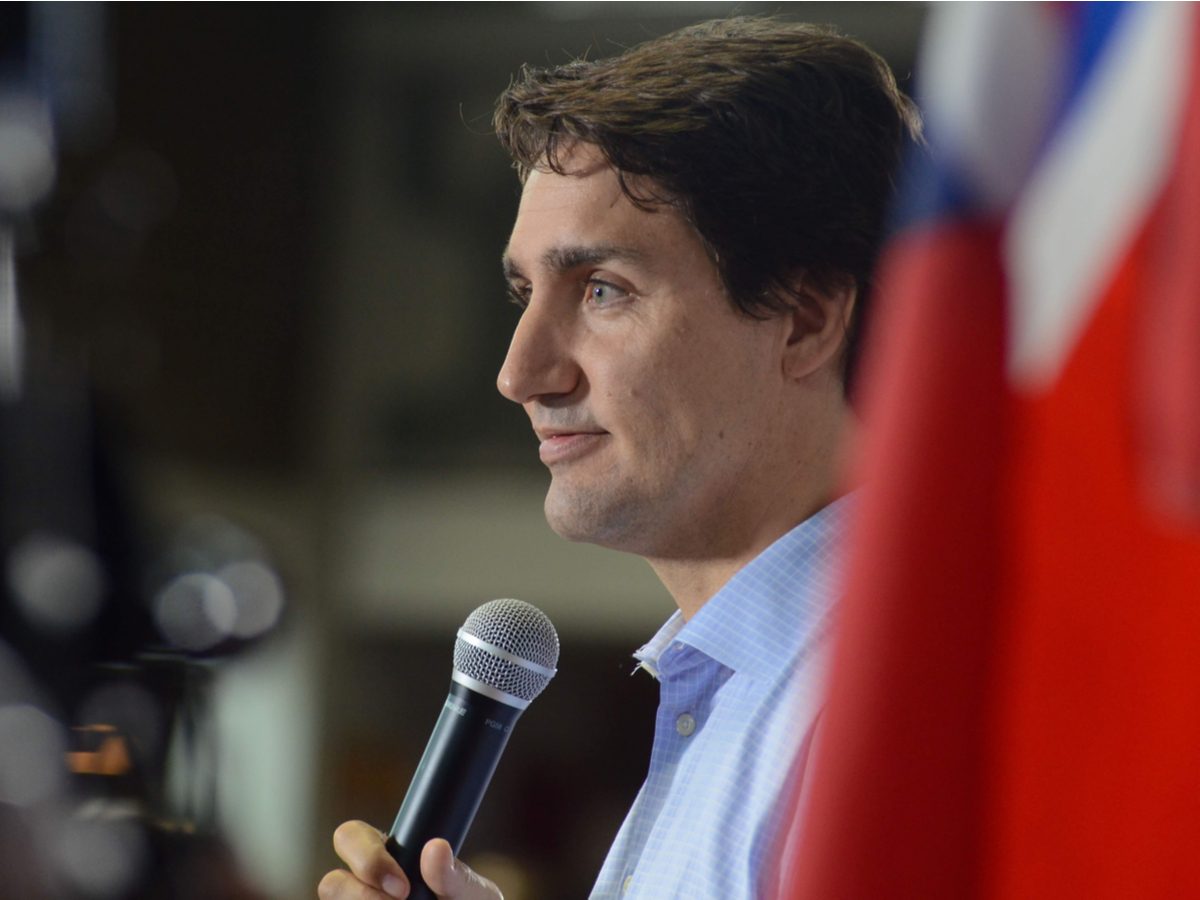
Answer: A—System in which the candidate with the most votes wins
As in, “If there are more than two options, first past the post can result in leadership supported by a minority of voters.”
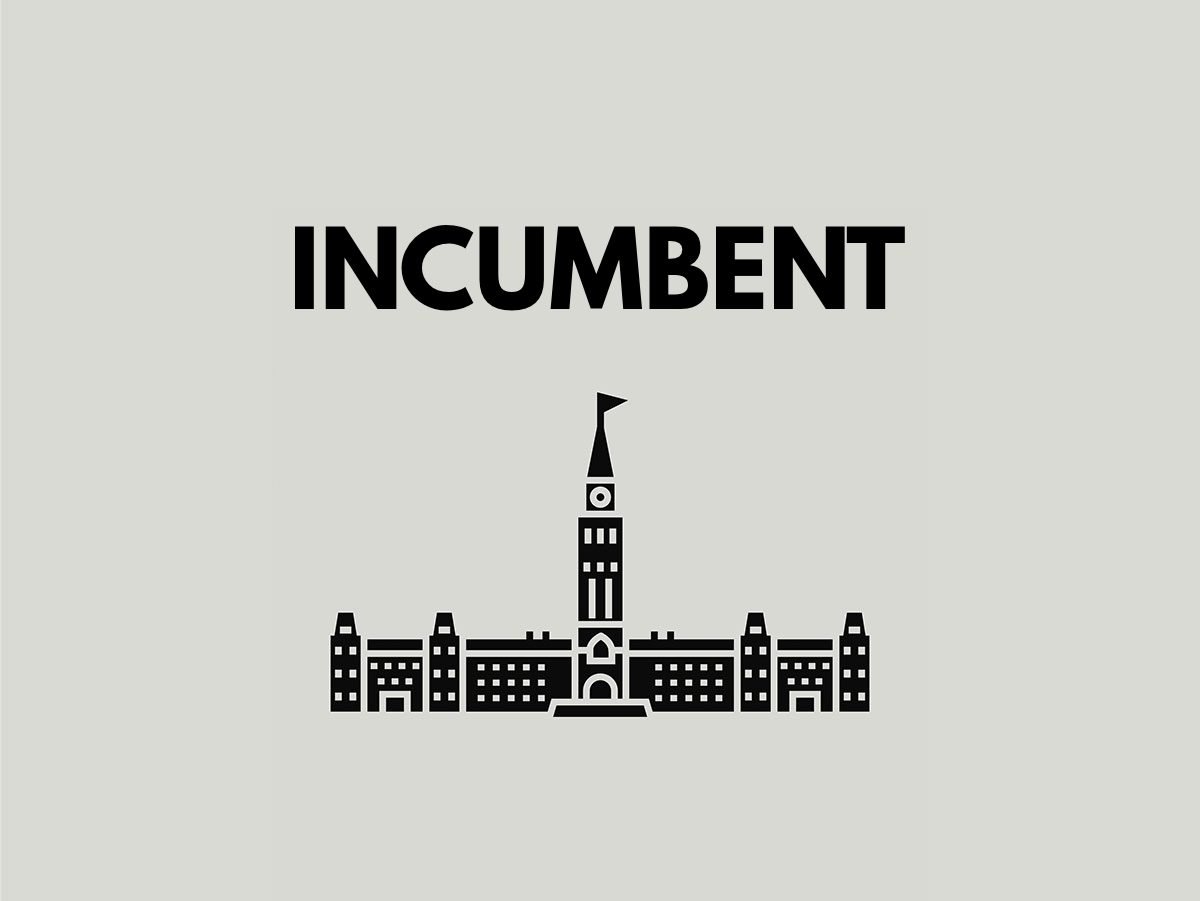
Incumbent
A: Income distribution within a riding or district
B: Person holding an office
C: Debate moderator
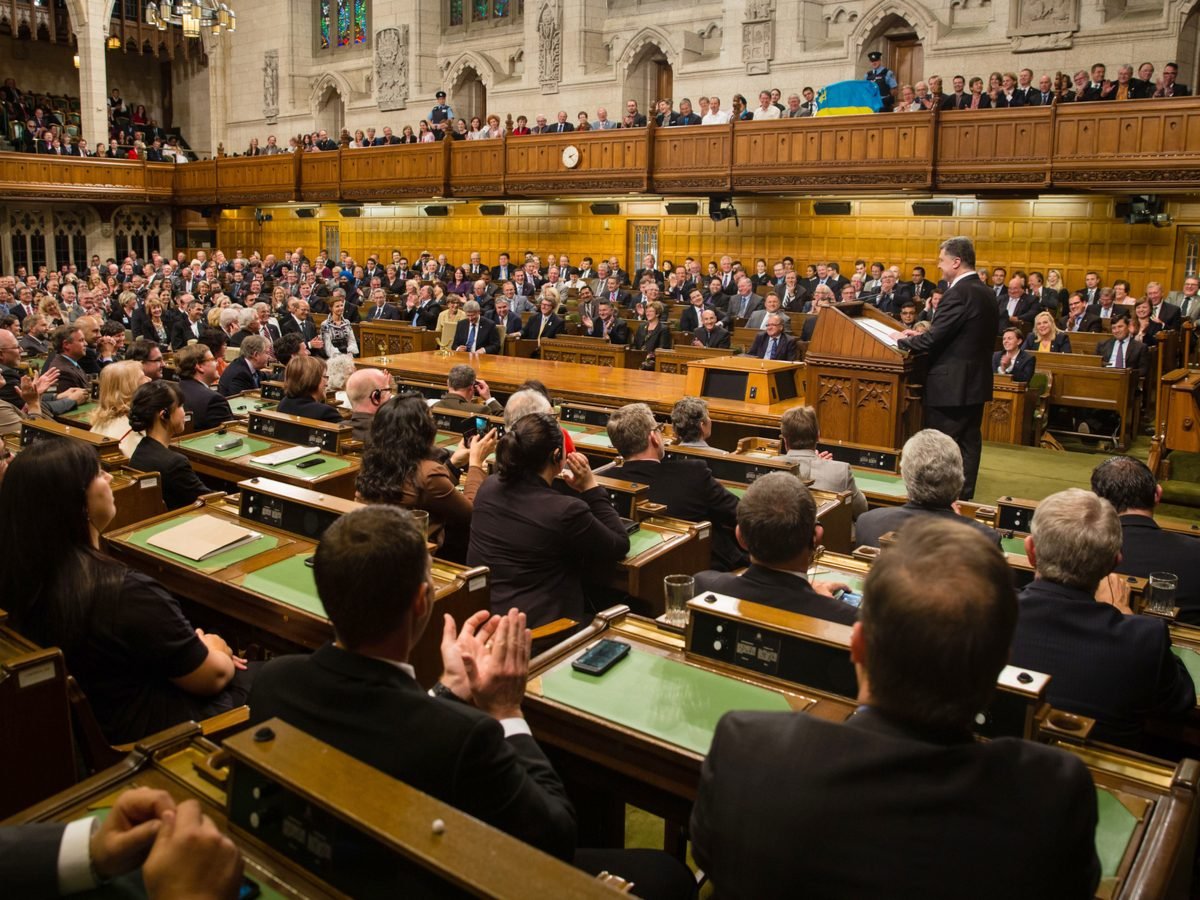
Answer: B—Person holding an office
As in, “The Canadian House of Commons has a transition program to help defeated incumbents find other jobs.”
Learn what a “vote of no confidence” means in Canadian politics.

Psephology—study of
A: Voting-machine design
B: Elections
C: Persuasion
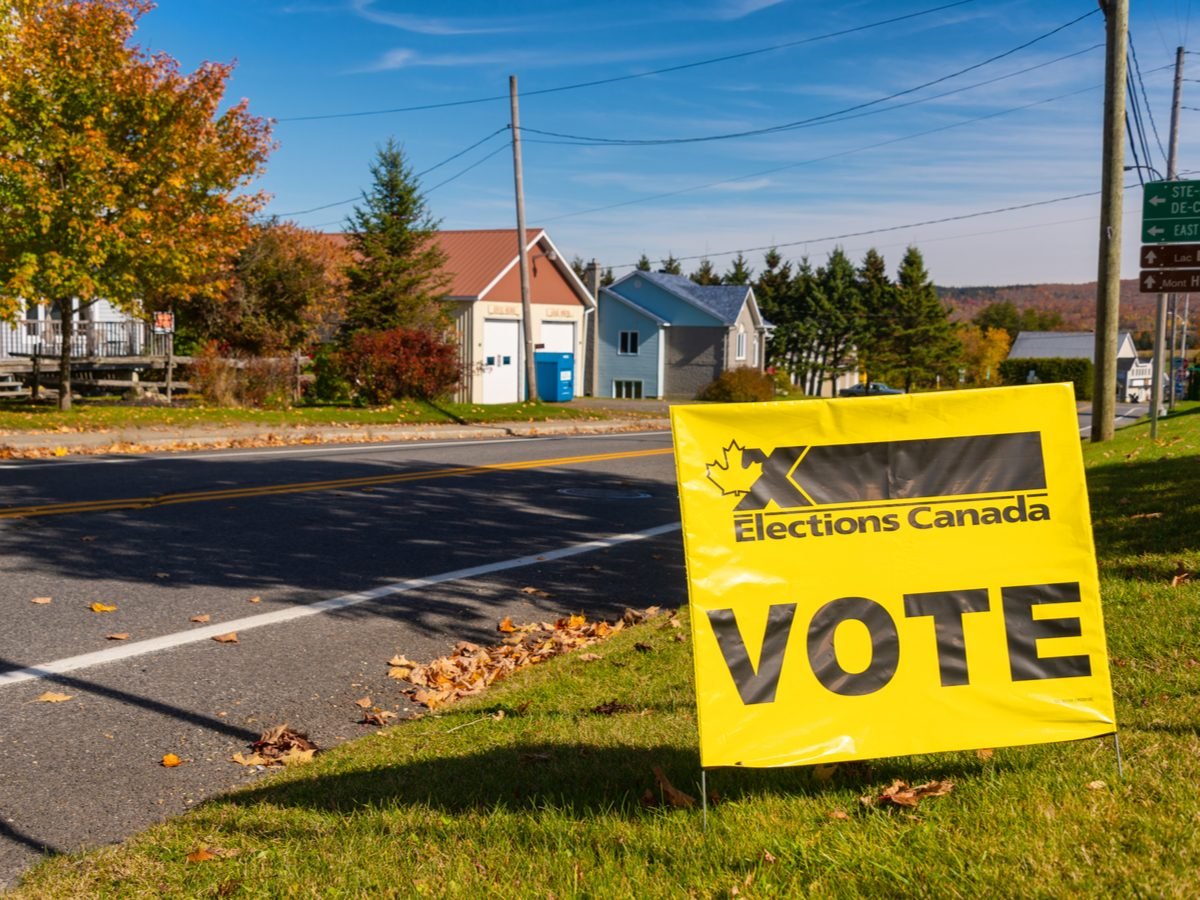
Answer: B—Study of elections
As in, “After founding a psephology website, Éric Grenier was hired by the CBC.”
Don’t miss this quiz of royal terms!
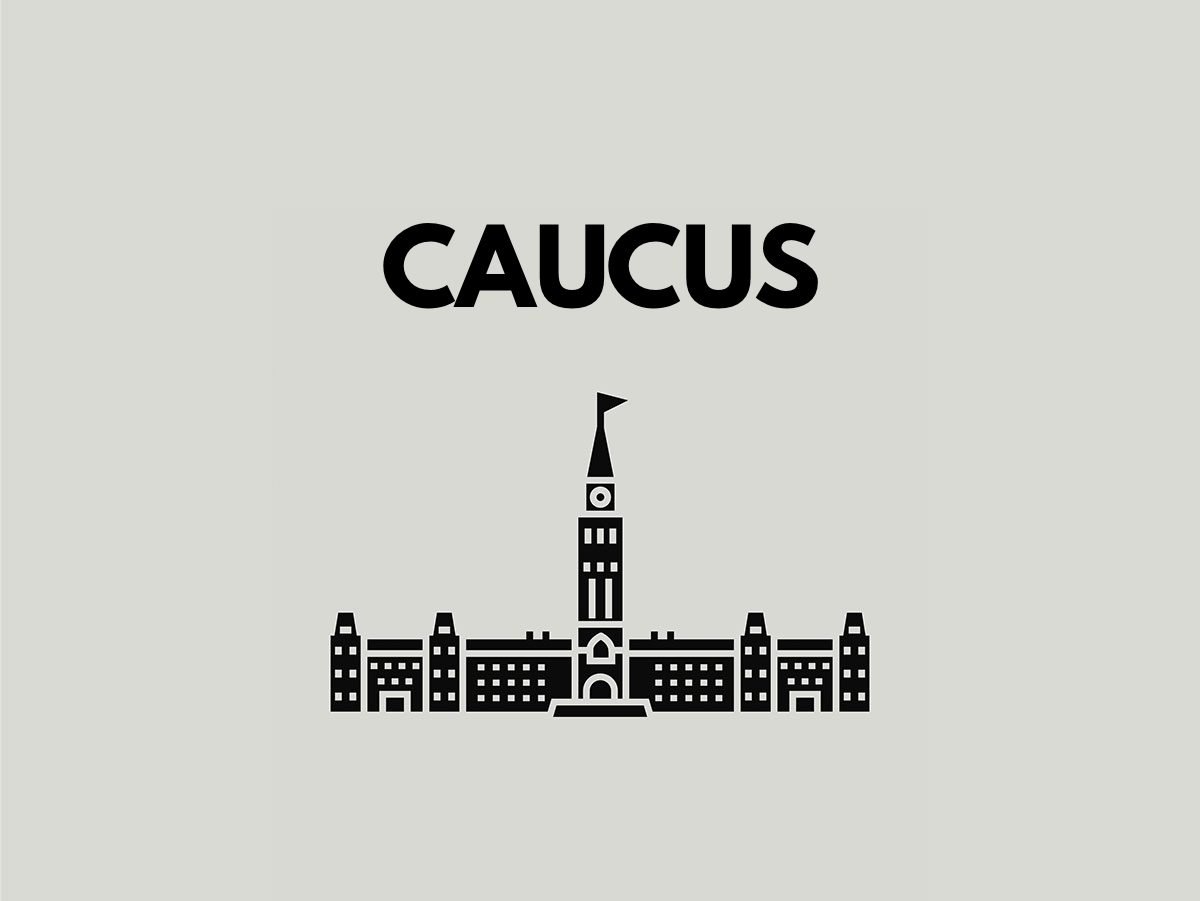
Caucus
A: Rowdy discussion
B: A party’s elected members
C: Coalition government
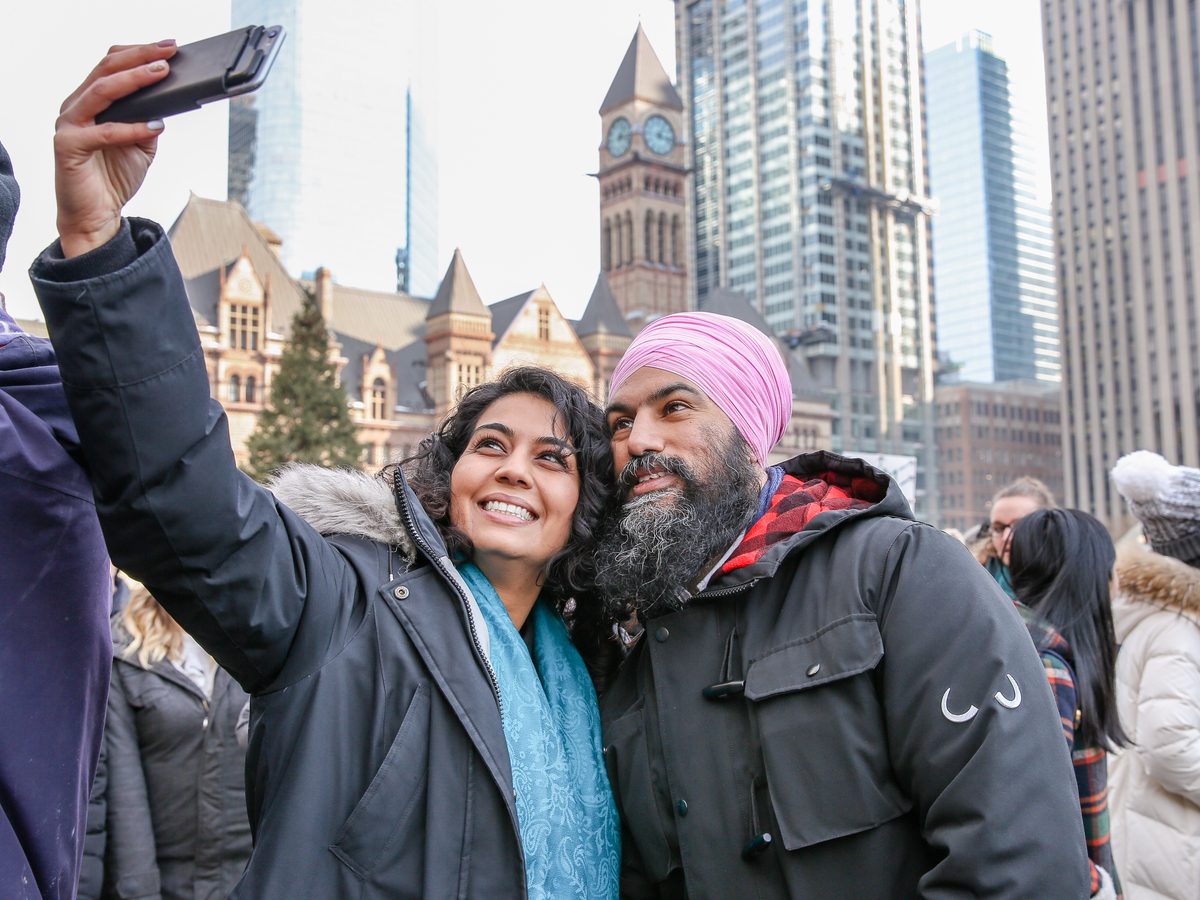
Answer: B—A party’s elected members
As in, “The MP voiced her concerns at a caucus meeting behind closed doors.”
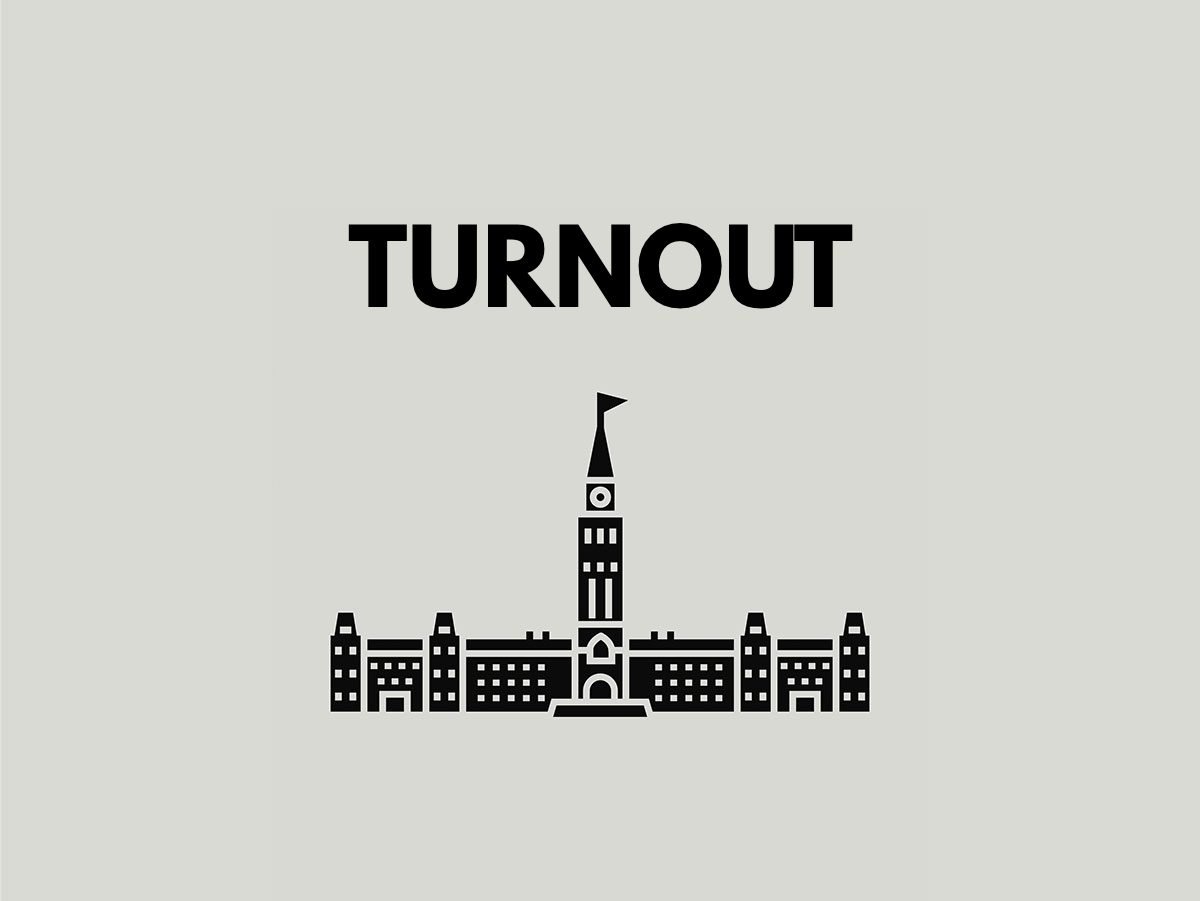
Turnout
A: Exposé
B: Politician who switches party allegiance
C: Percentage of registered voters who cast ballots
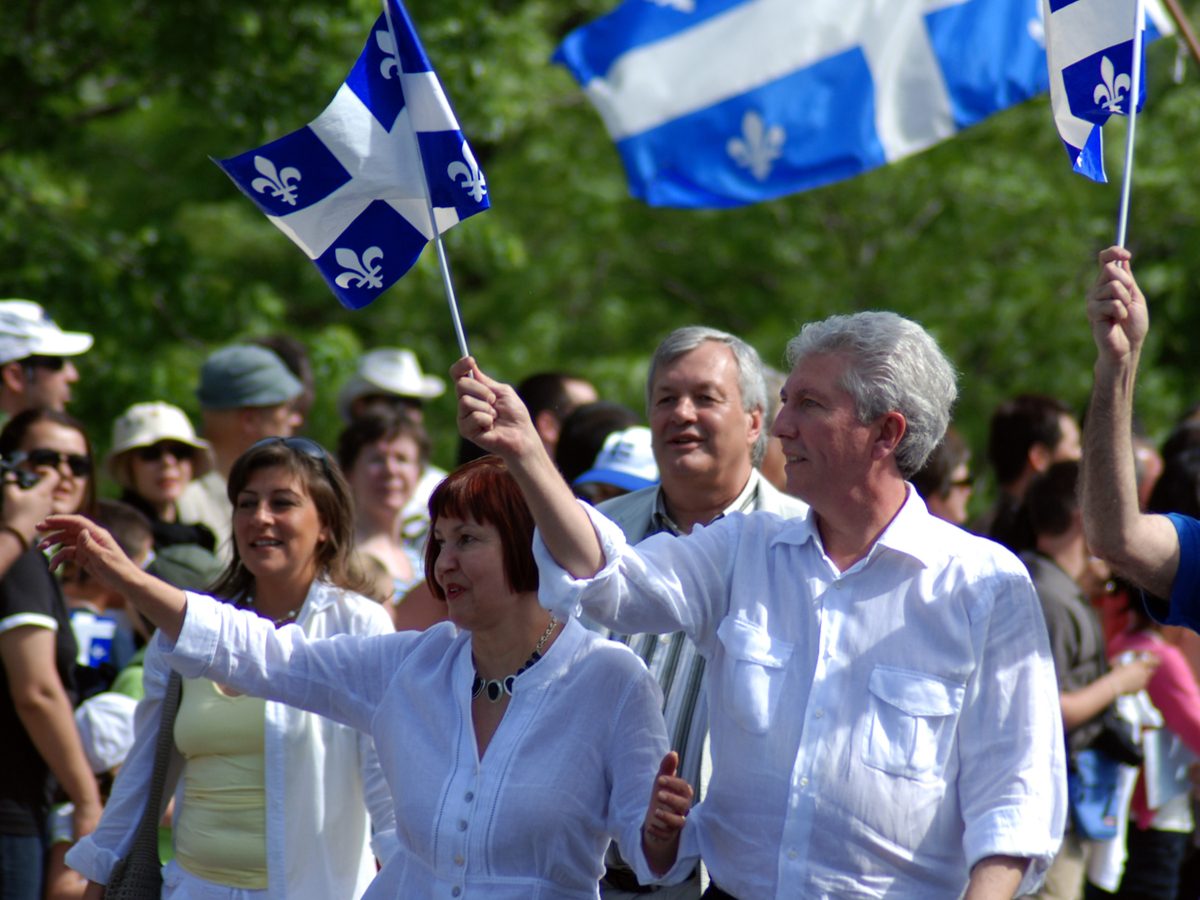
Answer: C—Amount of registered voters who cast ballots
As in, “Turnout at Quebec’s 1995 referendum was 93.5 per cent.”
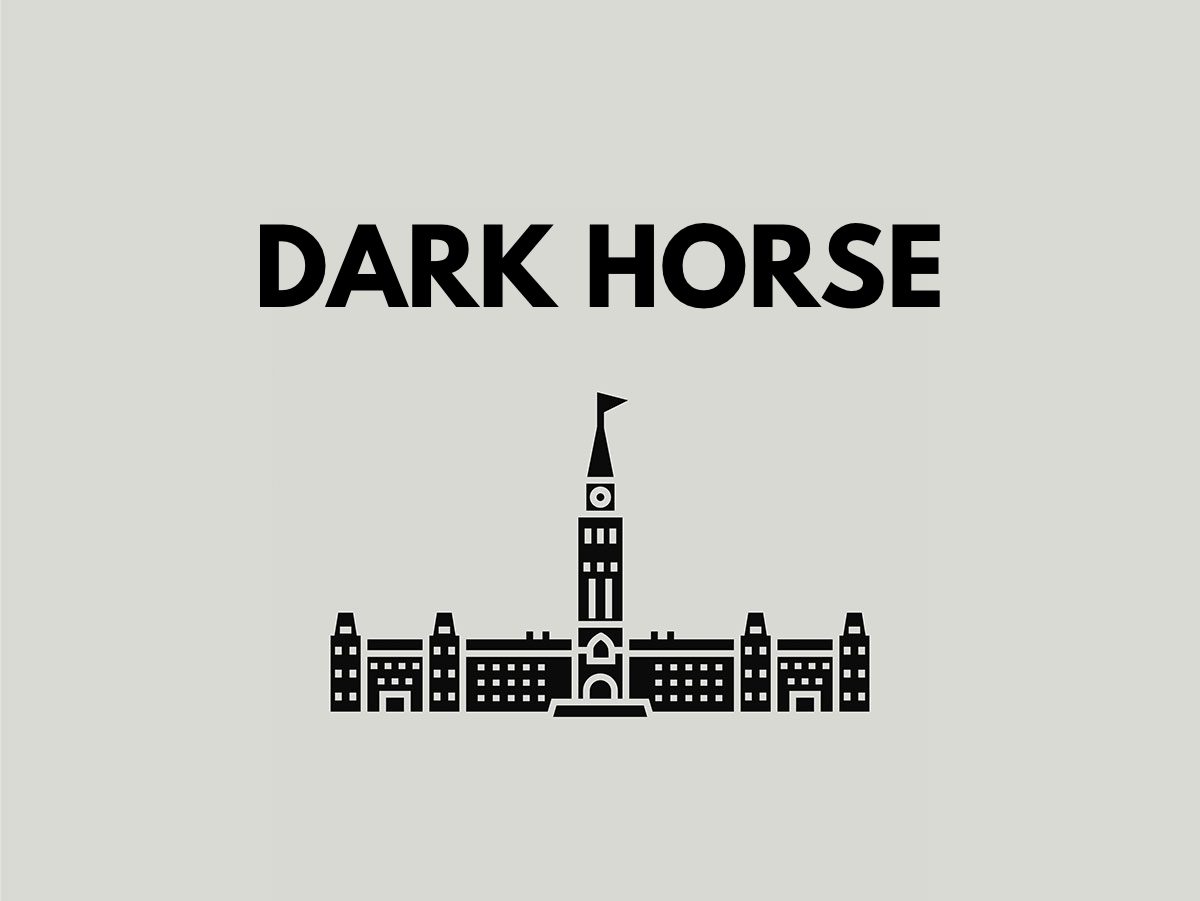
Dark horse
A: Little-known candidate achieving surprising success
B: Controversial legislation
C: Black limousine
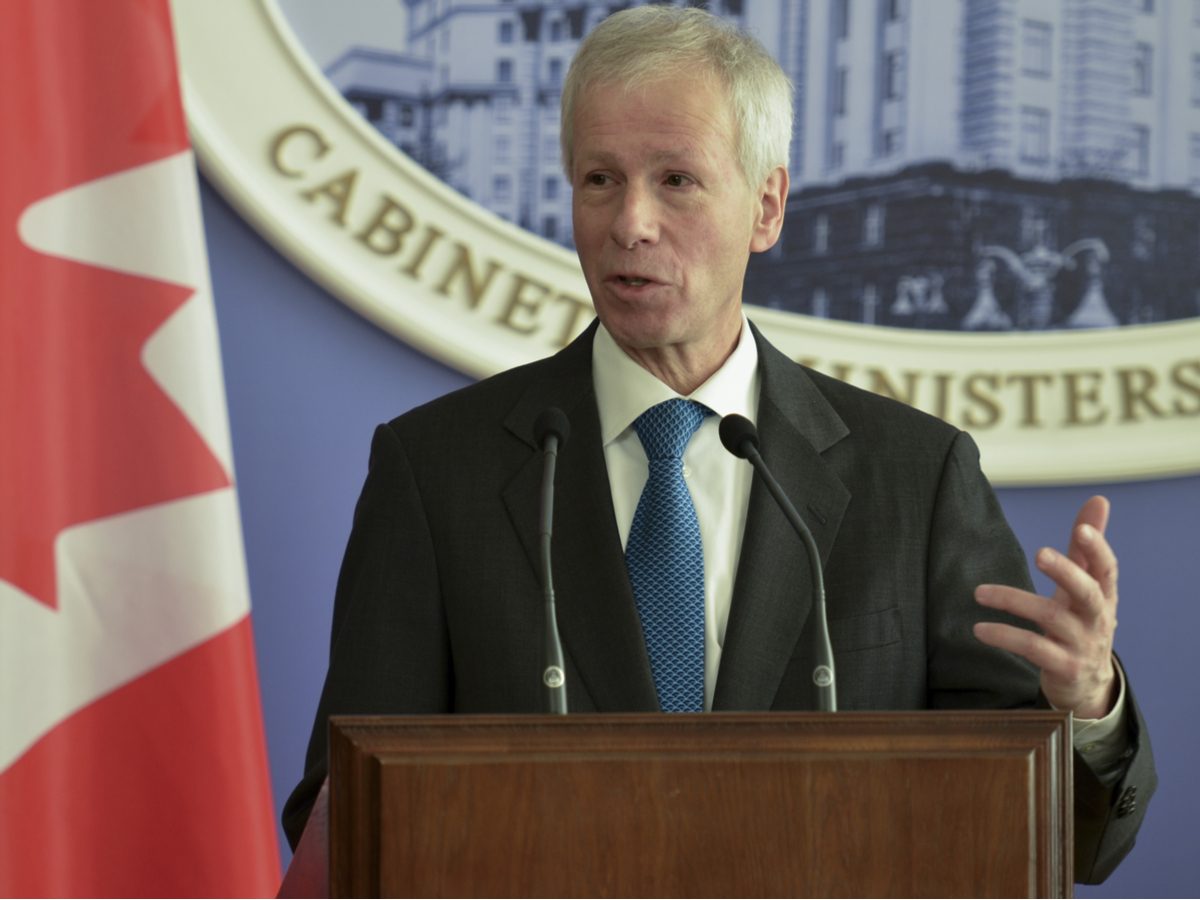
Answer: A—Little-known candidate achieving surprising success
As in, “Stéphane Dion was a dark horse for the Liberal leadership.”
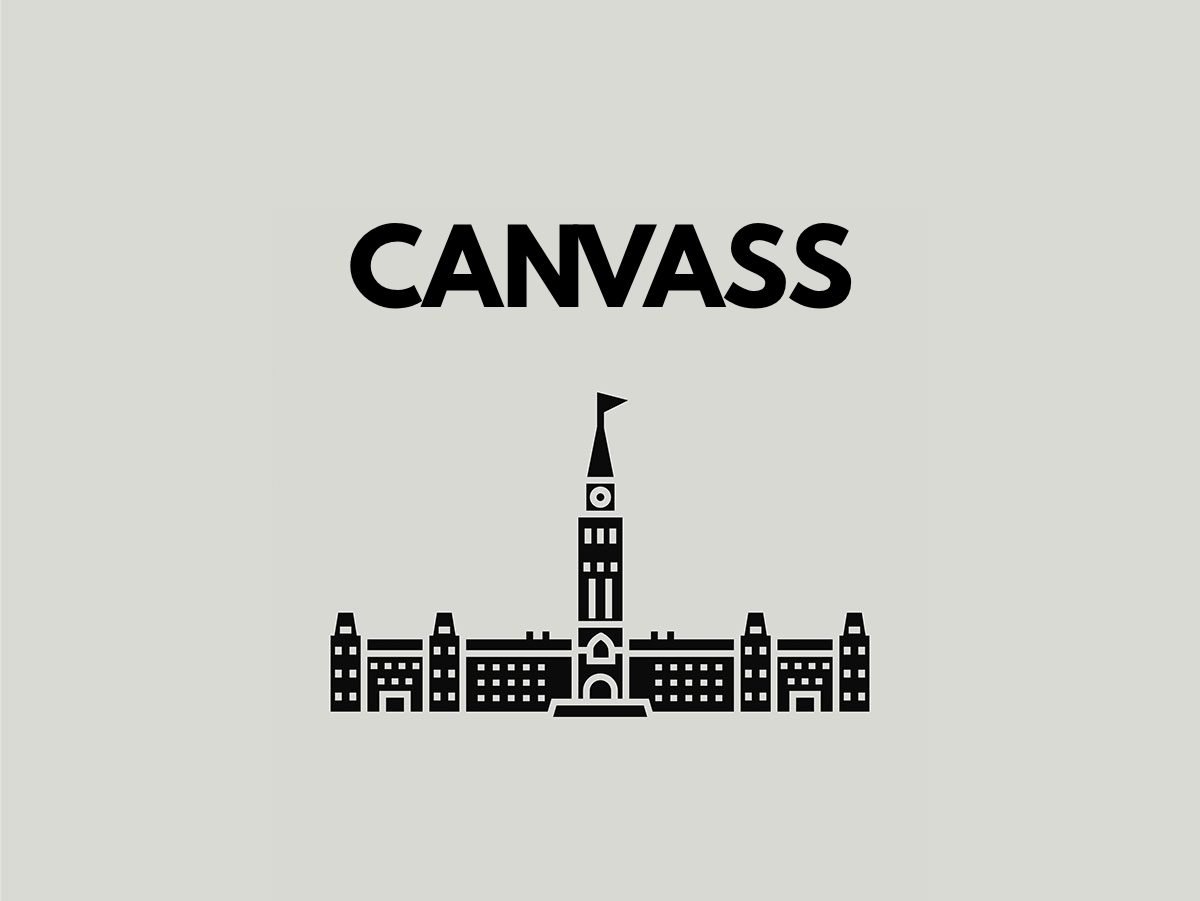
Canvass
A: Suppress votes
B: Compare political platforms
C: Solicit votes
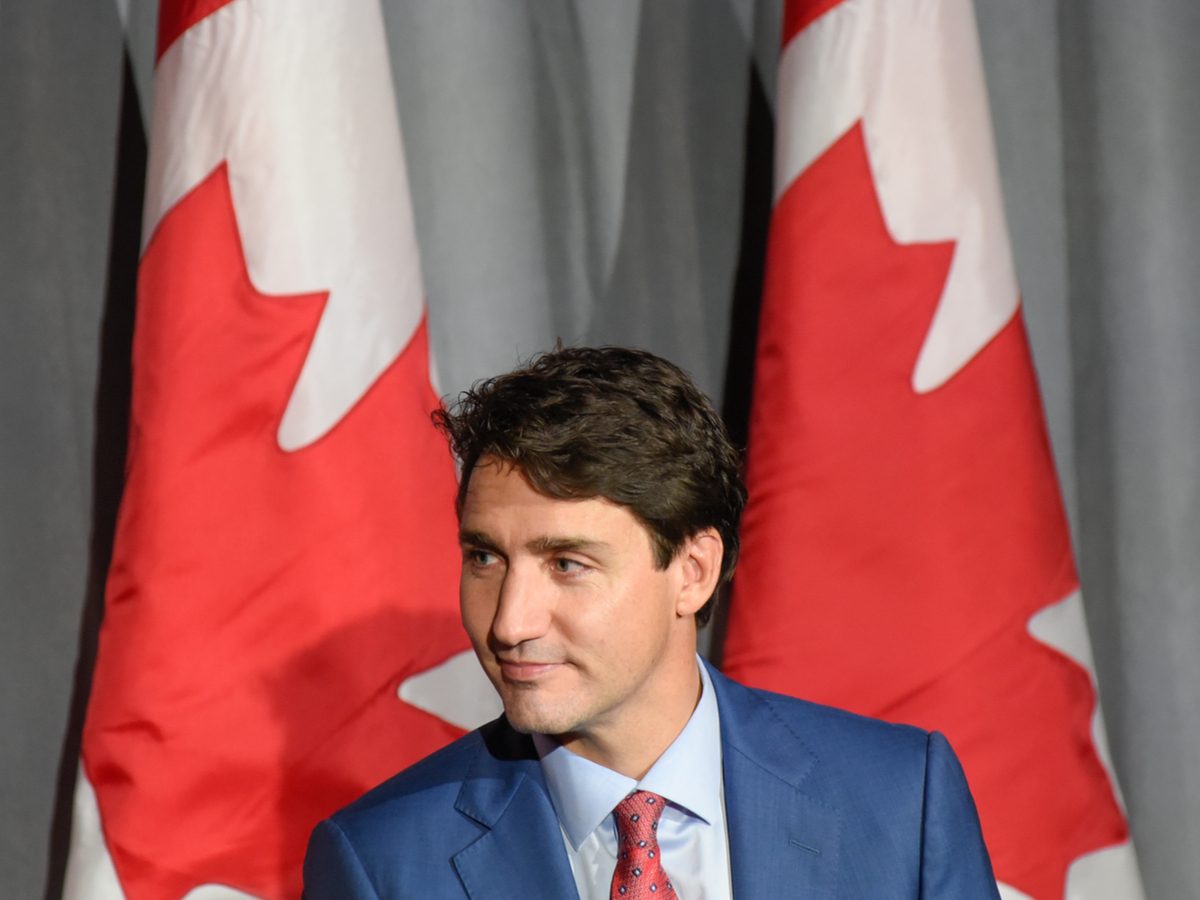
Answer: C—Solicit votes
As in, “The campaign office organized teams to canvass each street.”
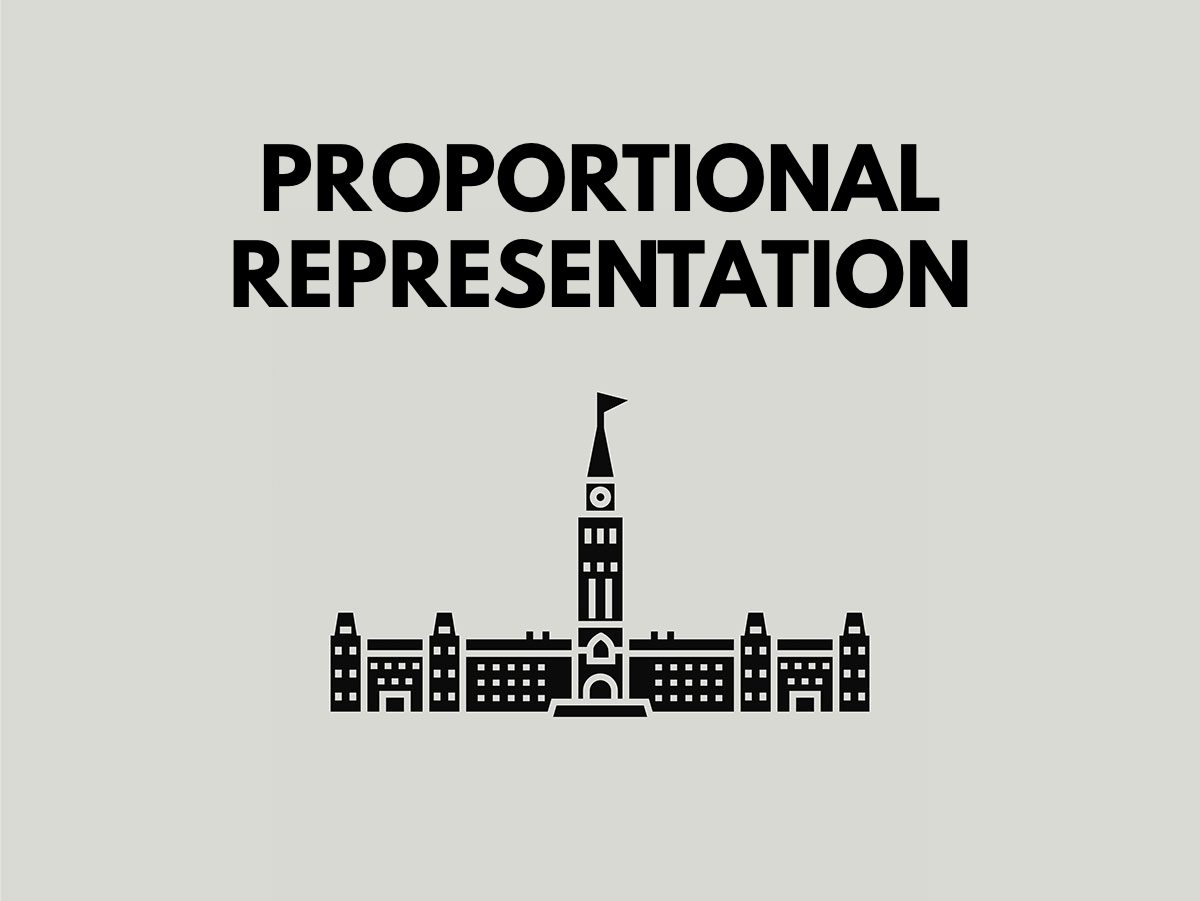
Proportional representation
A: Designating seats for members of minority groups
B: System where parties gain seats in proportion to their votes
C: Giving shorter speaking times to smaller parties
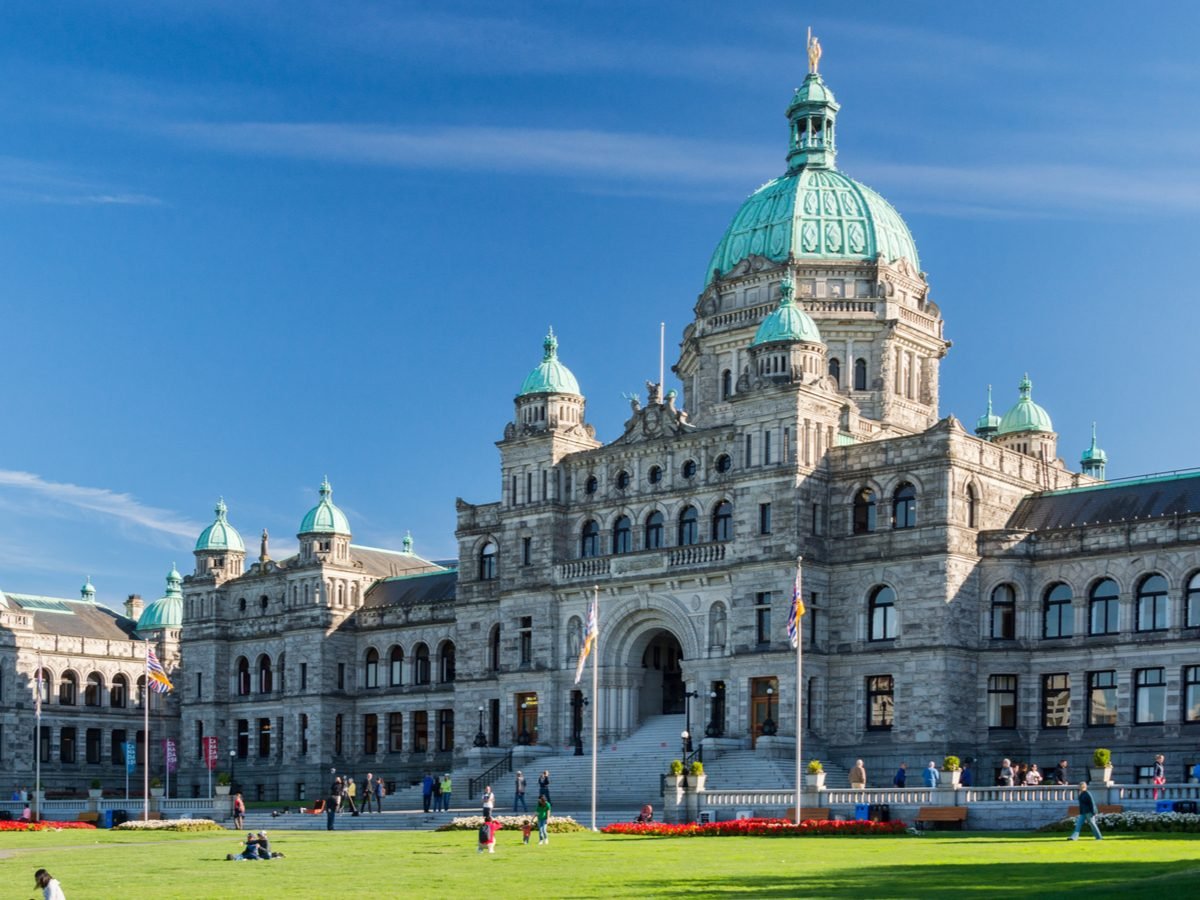
Answer: B—System where parties gain seats in proportion to their votes
As in, “British Columbia has rejected proportional representation three times.”
Don’t miss our roundup of the most Canadian headlines of all time.
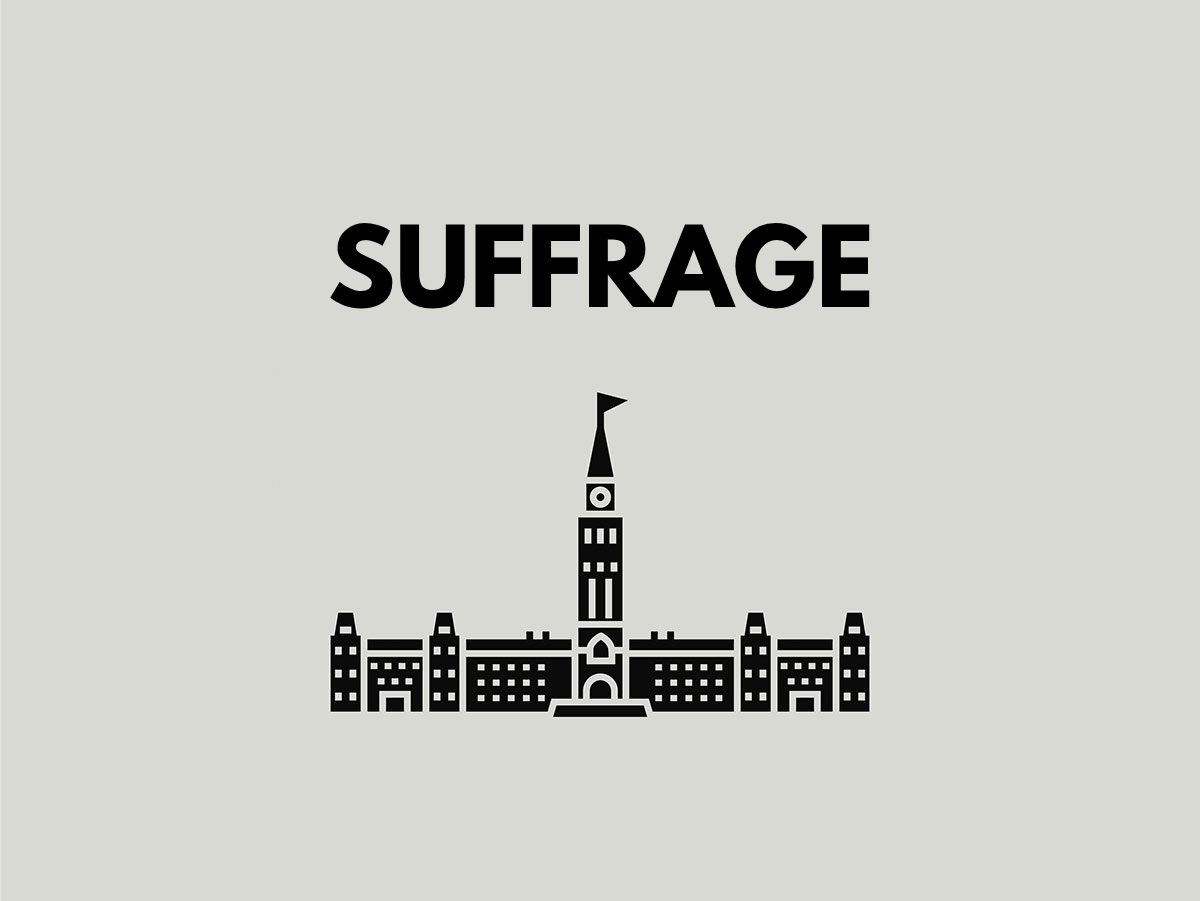
Suffrage
A: Persecution
B: Tax hike
C: Right to vote
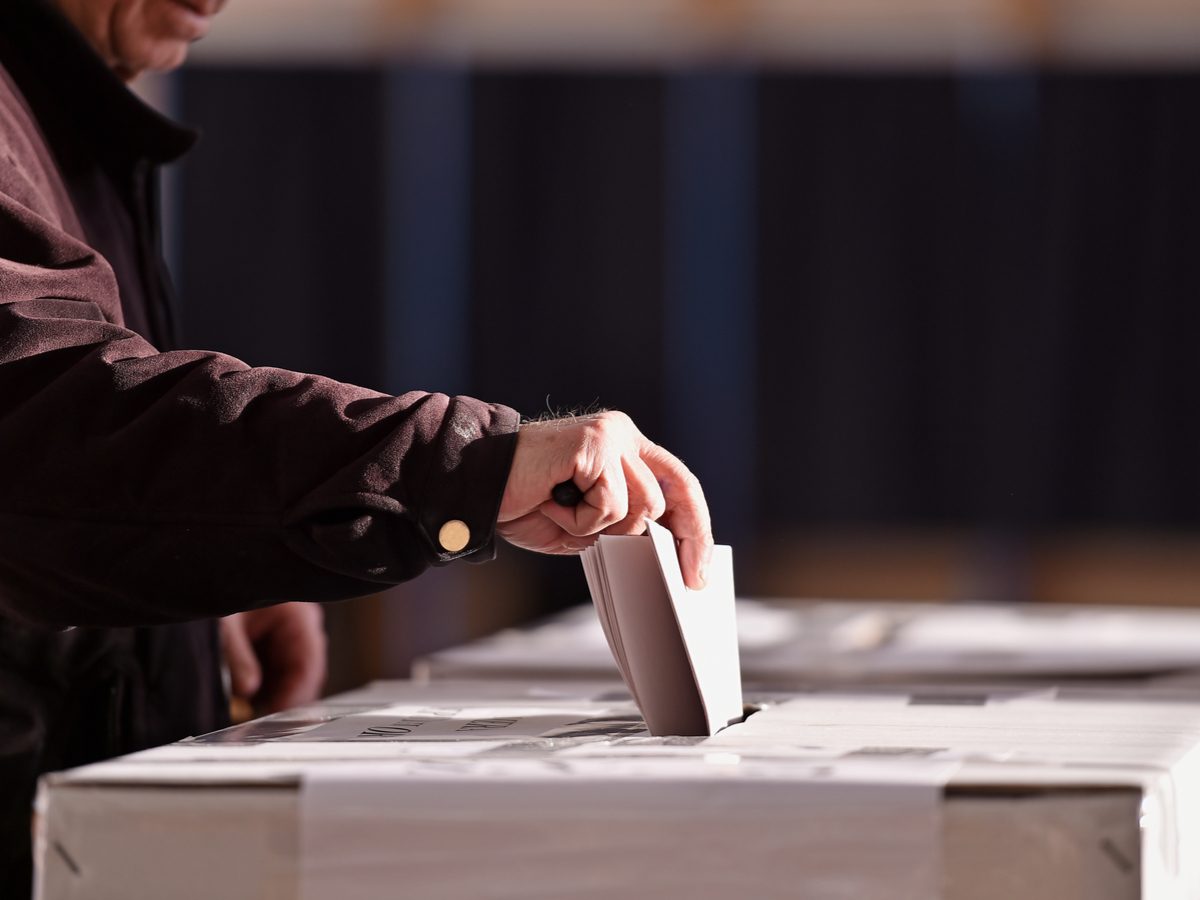
Answer: C—Right to vote
As in, “Although the Inuit gained federal suffrage in 1950, few ballot boxes were placed in Inuit communities before 1962.”
From “Snafu” in the Yukon to Newfoundland’s “Happy Adventure,” these funny Canadian town names often have fascinating origins.
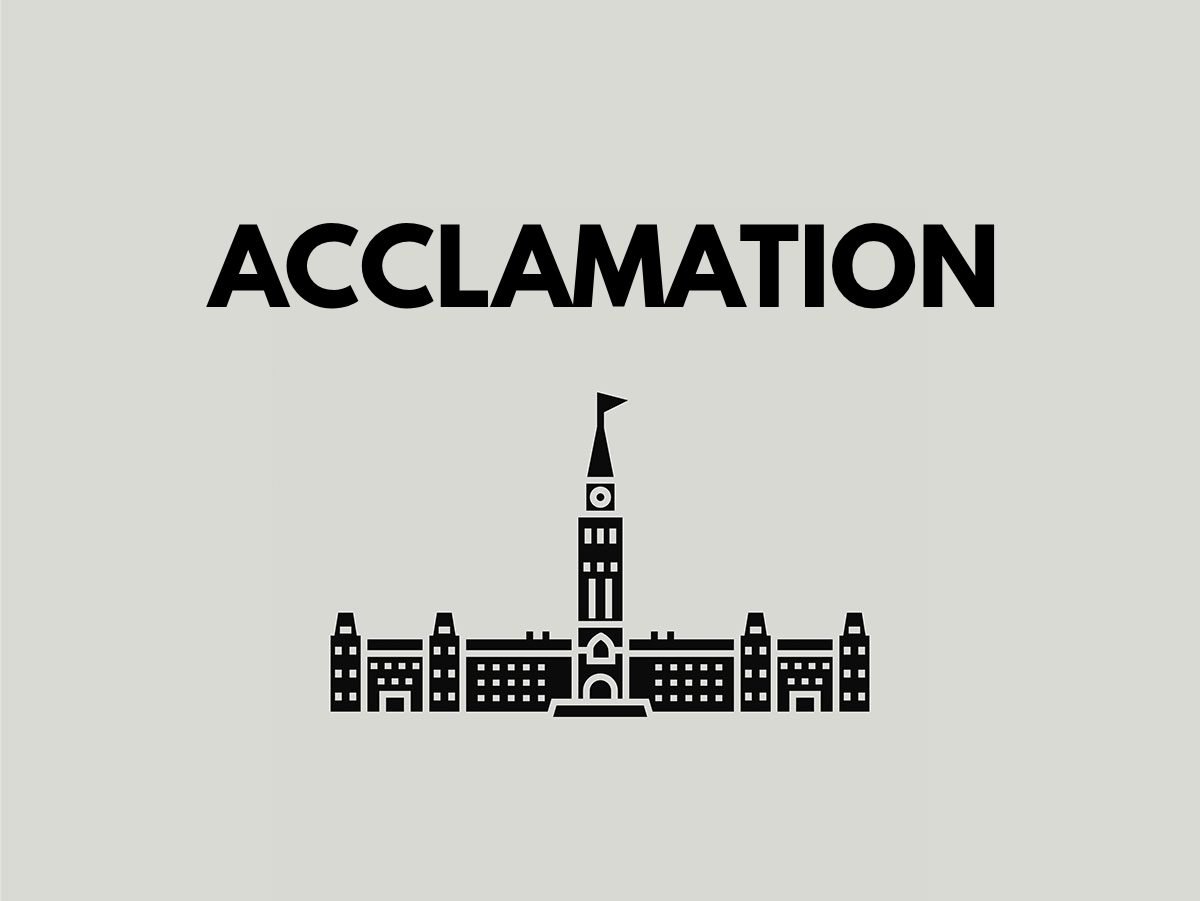
Acclamation
A: Victory because there is only one candidate
B: Voting by calling out “Aye” or “Nay”
C: Voter apathy
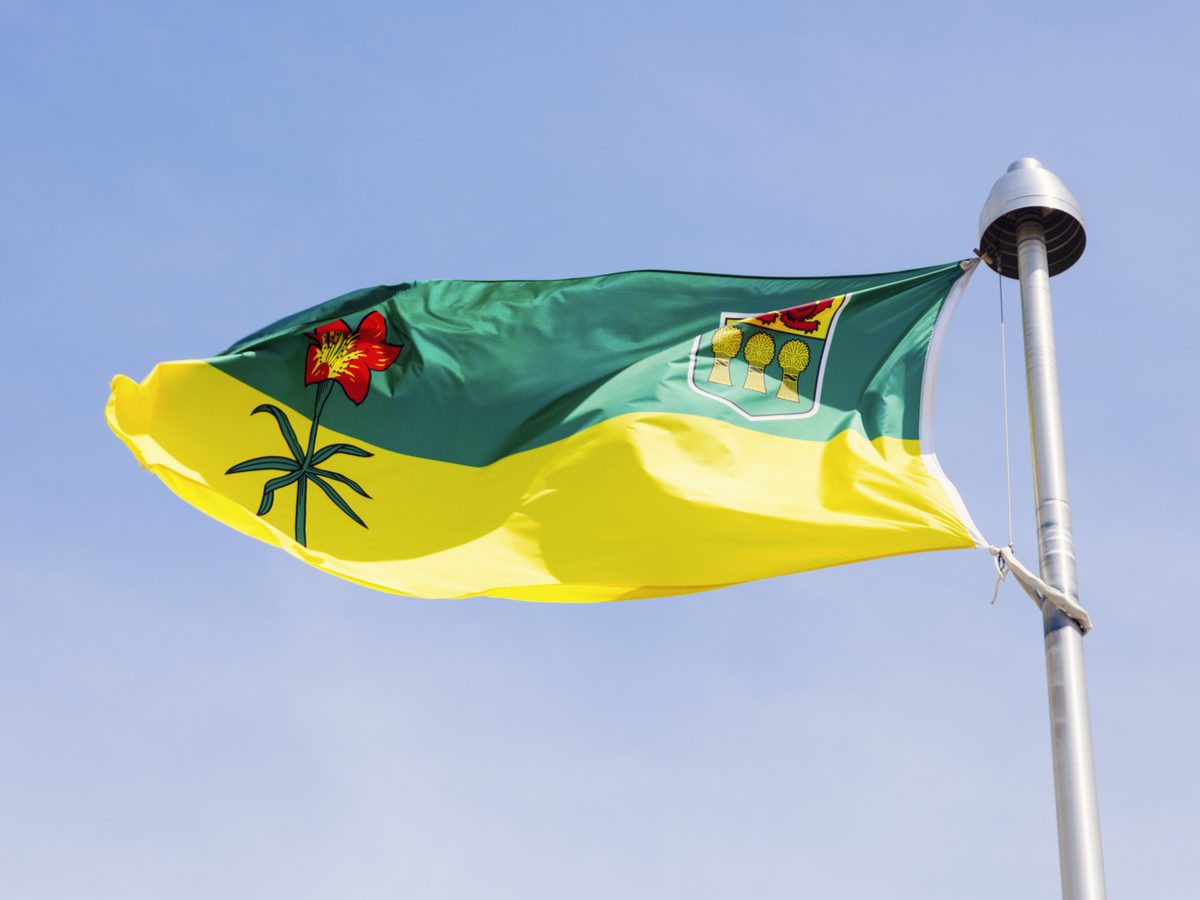
Answer: A—Victory because there is only one candidate
As in, “In 2012, six of Saskatchewan’s mayors won by acclamation.”
Check out the strangest fact about every Canadian province.
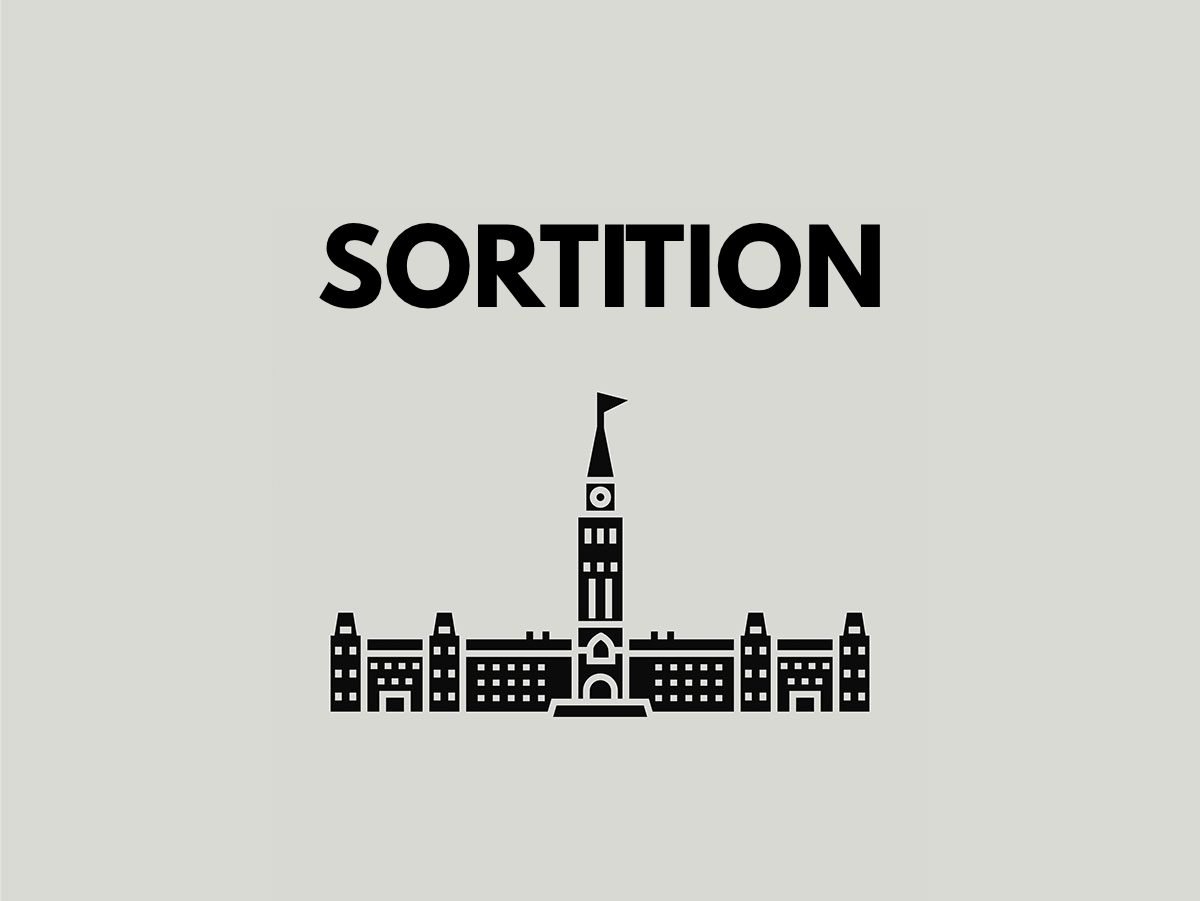
Sortition
A: Selecting public officials by lottery
B: Making a voting decision
C: Spoiling a ballot
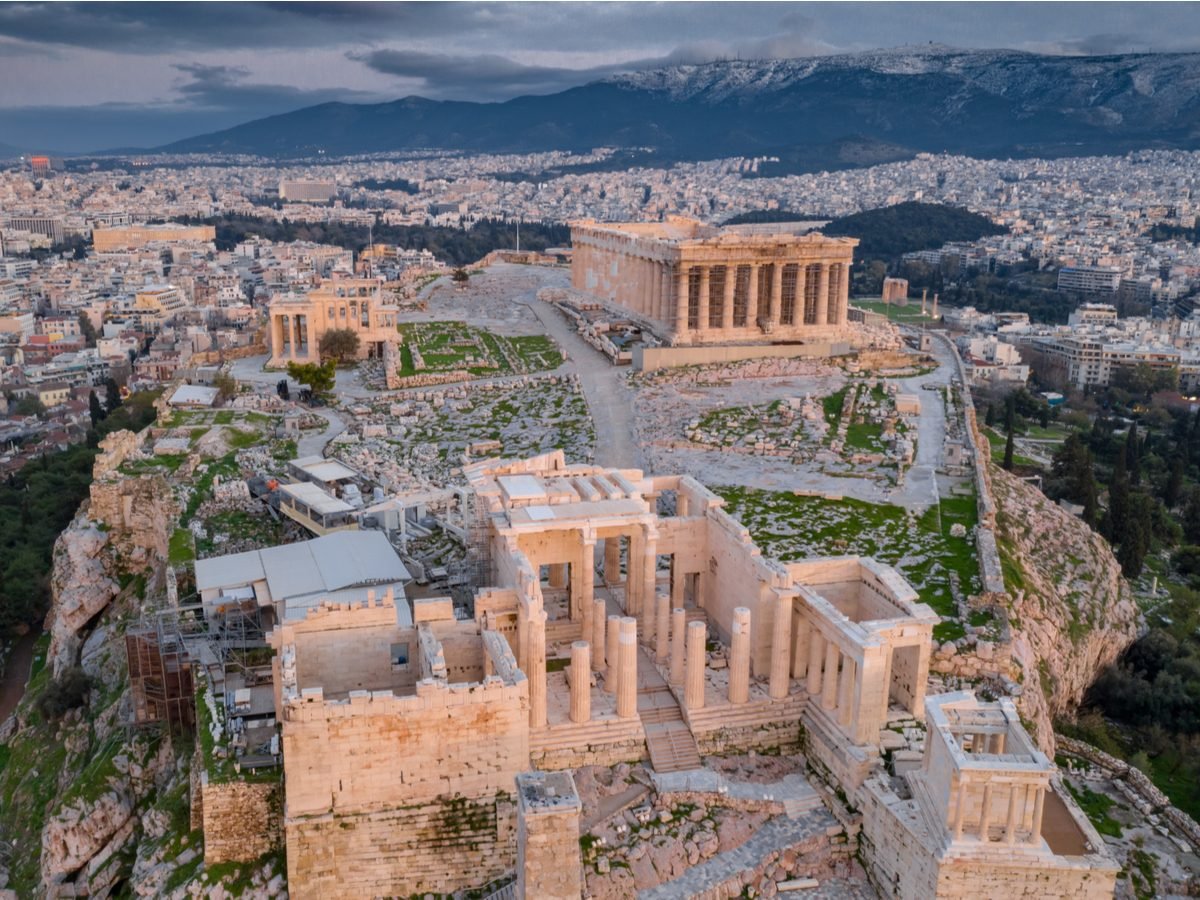
Answer: A—Selecting politicians by lottery
As in, “Practiced in Ancient Athens, sortition has present-day supporters.”
Next, test your knowledge of these Canadian slang terms.